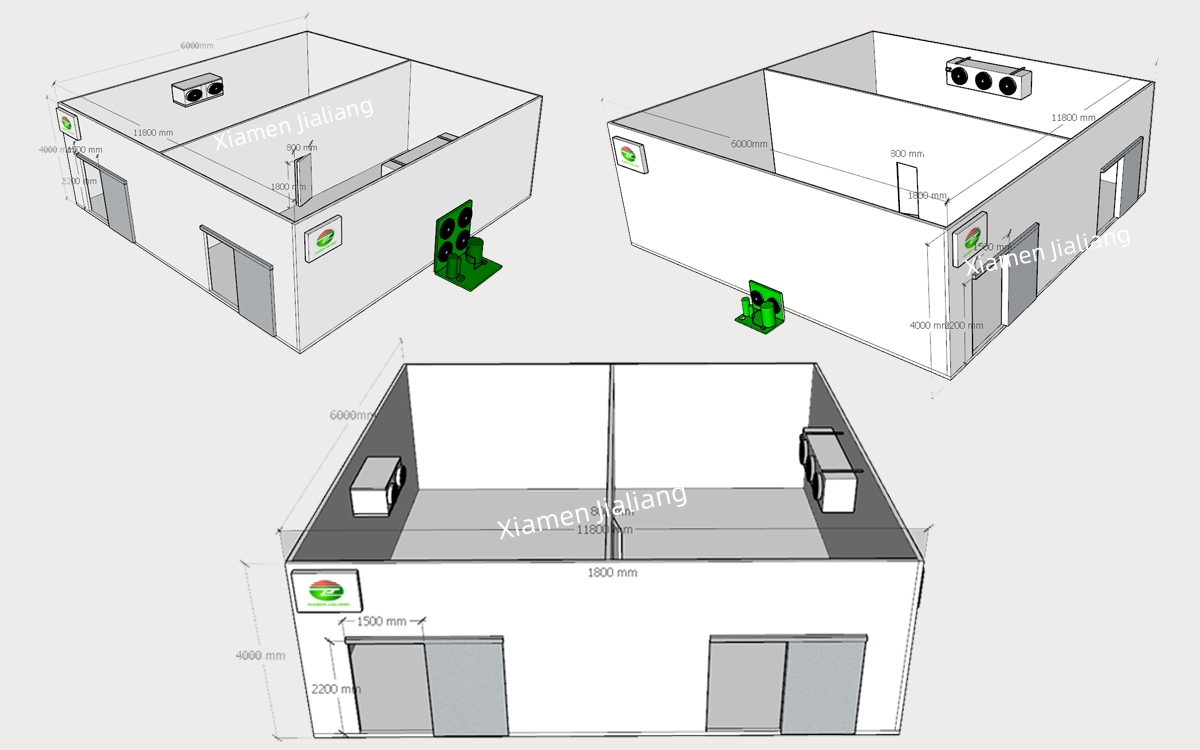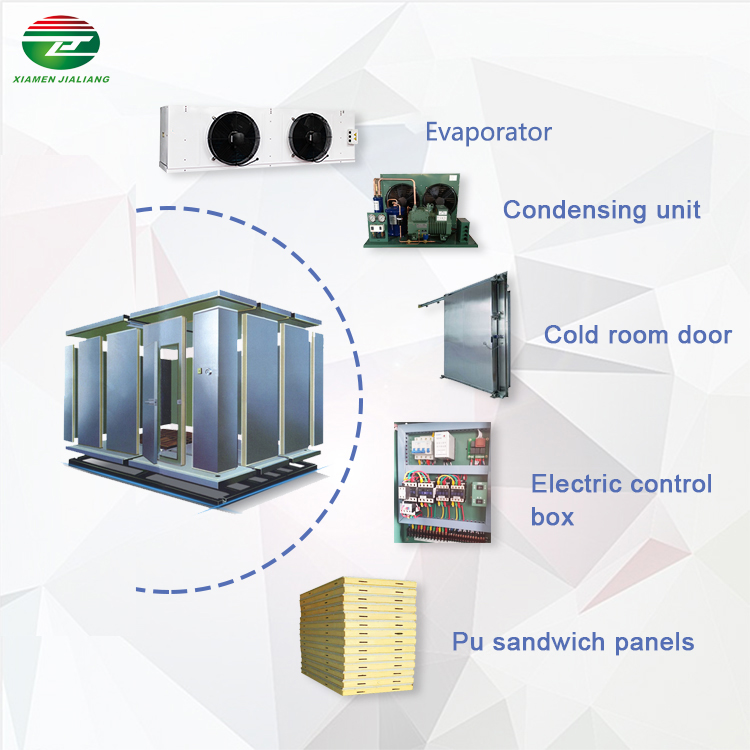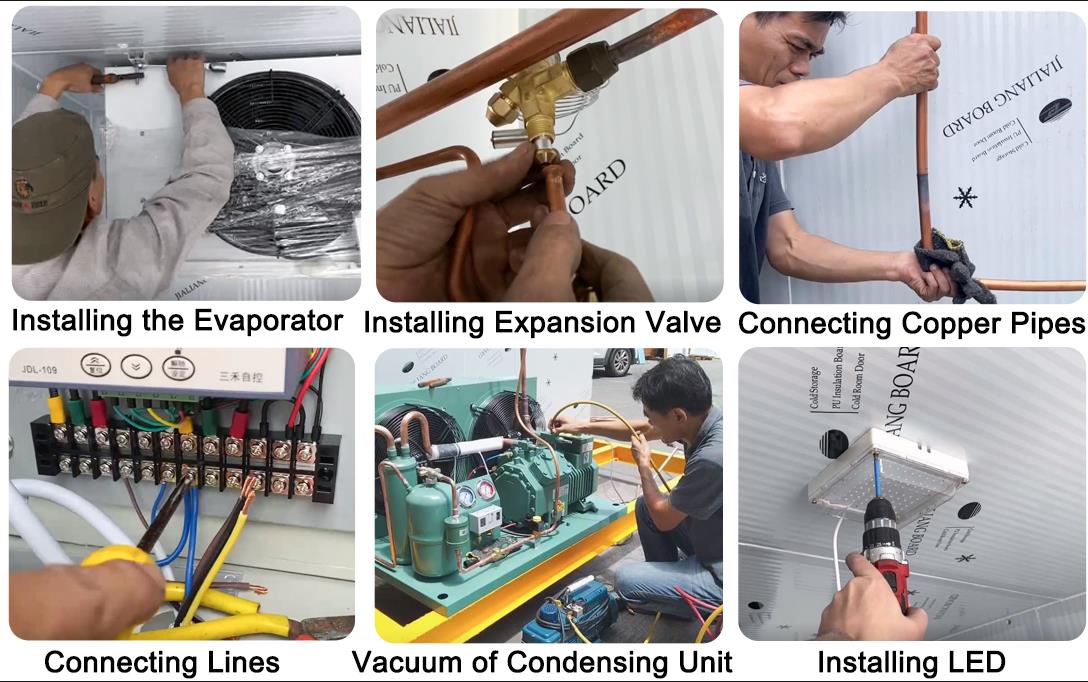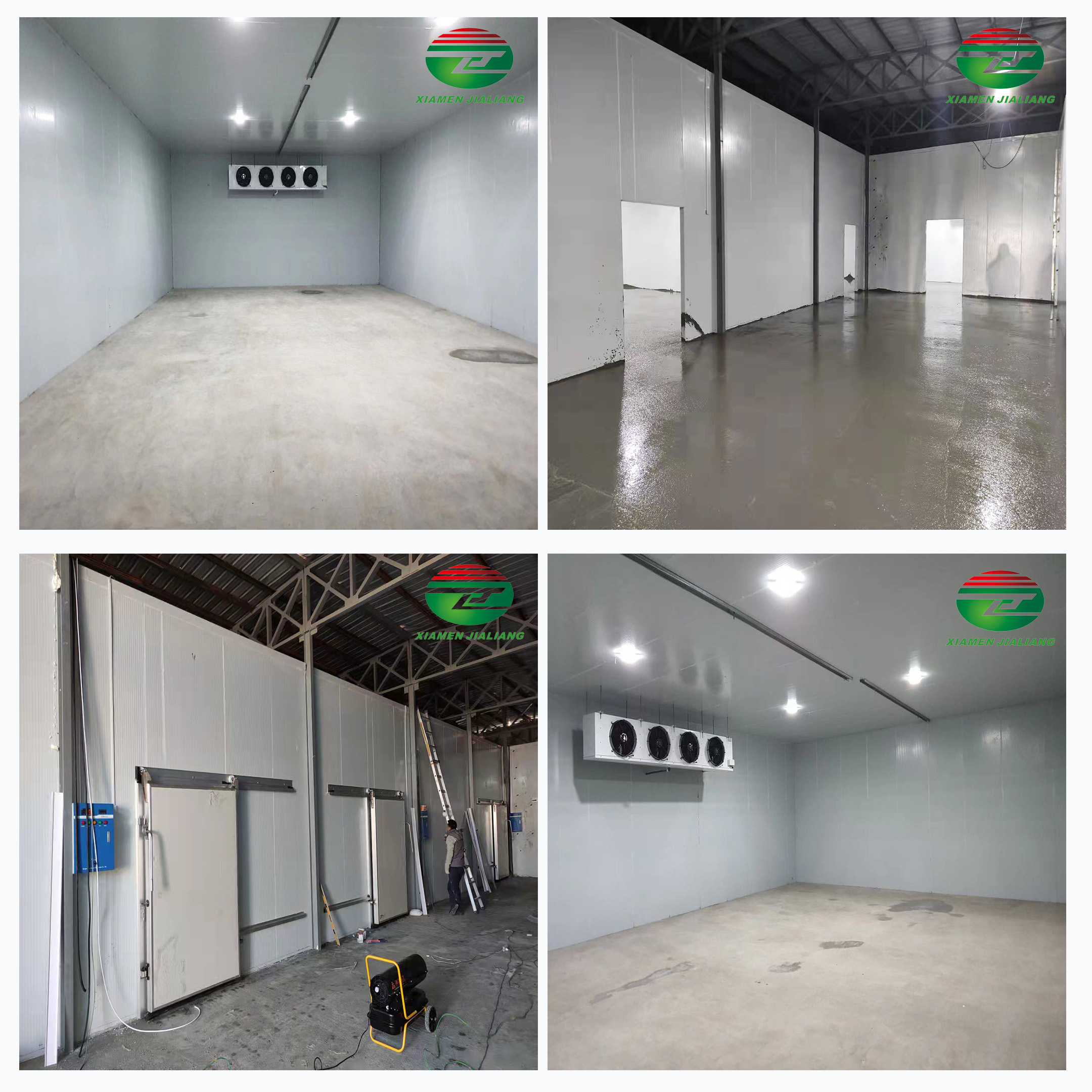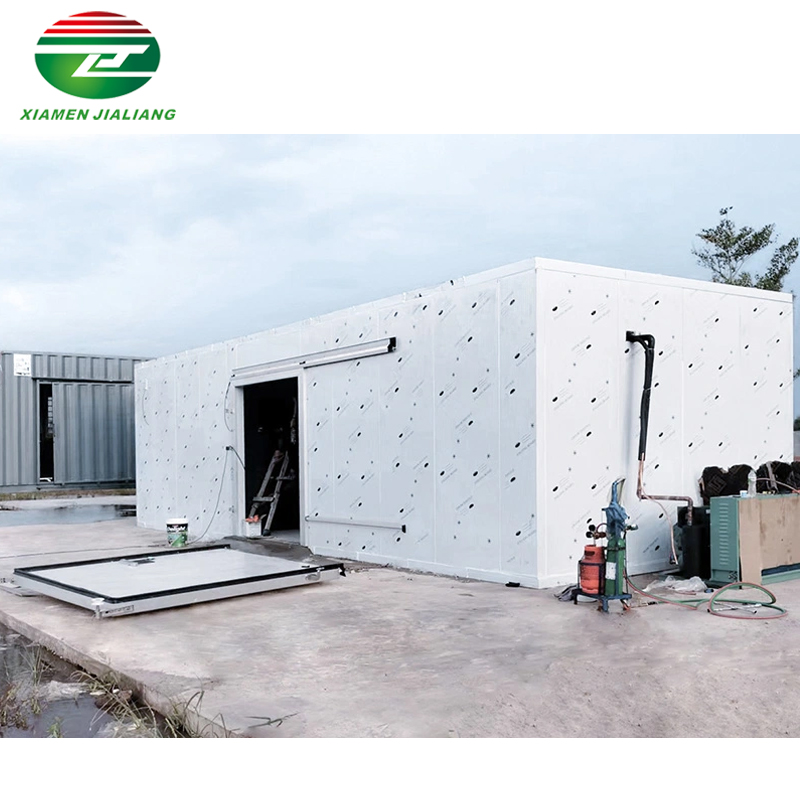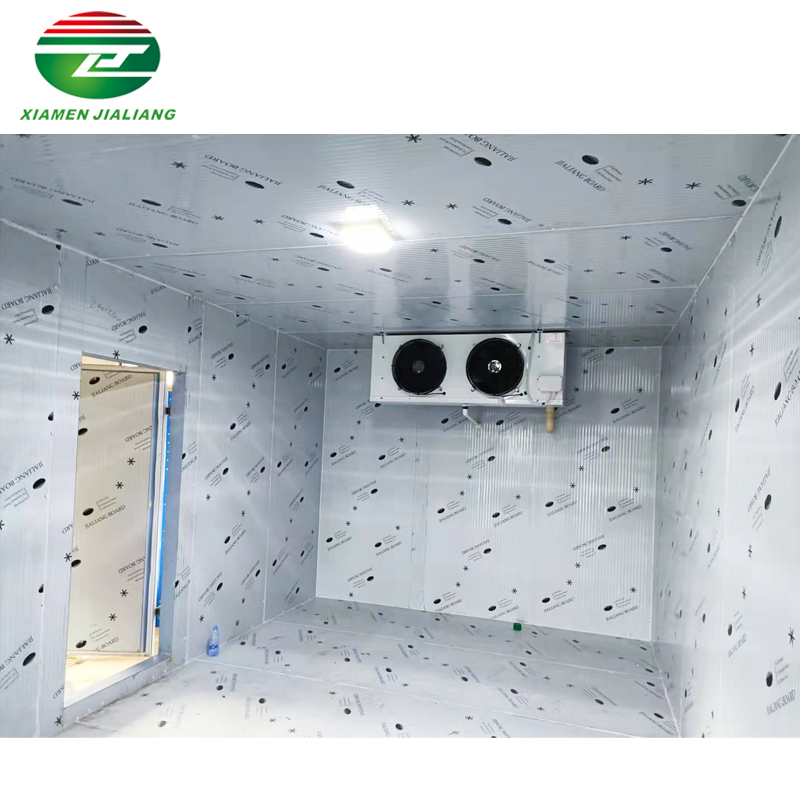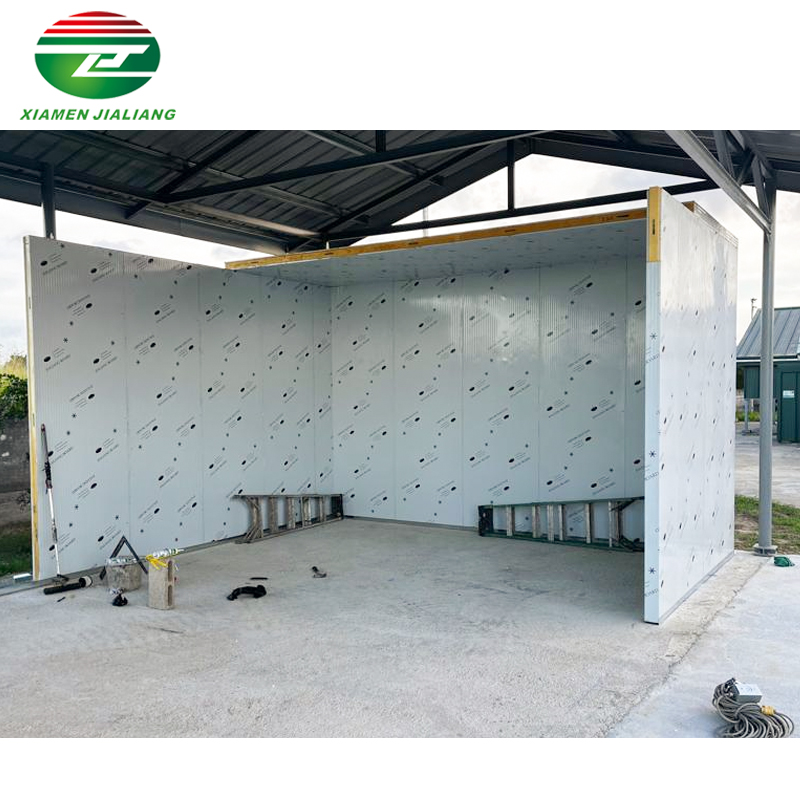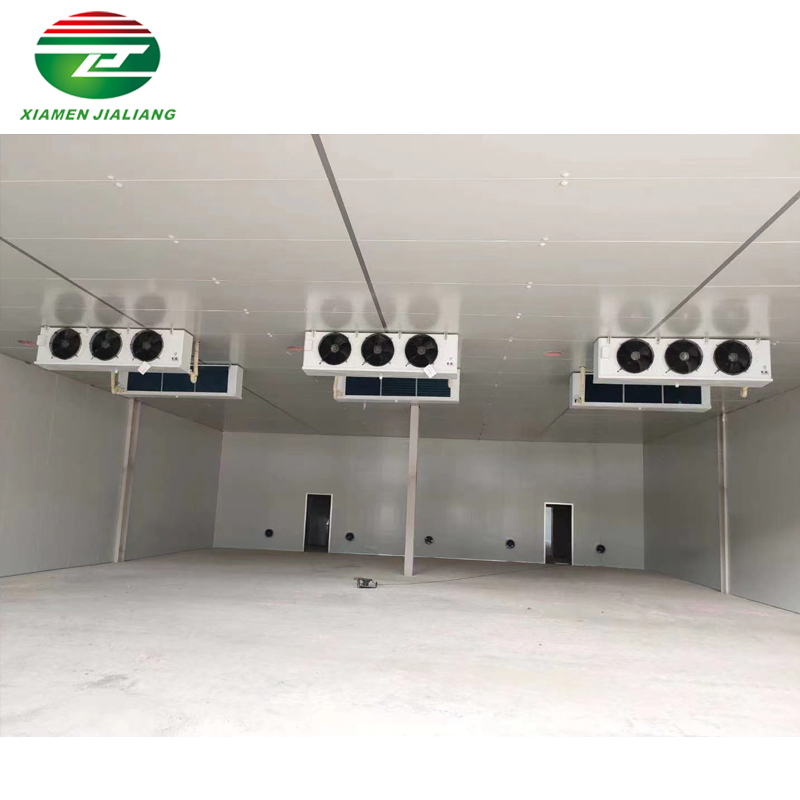What is a cold room? Everything you need to know.
Explore cold storage from design principles to multiple applications
Refrigeration is an essential component of the food and beverage industry as it ensures the fresh storage of ingredients. cold rooms can effectively supplement or replace your refrigeration equipment, allowing for the storage of large quantities of food and ice while ensuring energy efficiency and environmental friendliness.
As specialists in cold rooms and refrigeration, we can help design a cold room tailored to your needs, provide suitable equipment, and arrange for professional installation and after-sales support. However, before making a purchase, it's important to understand some key considerations and facts about cold rooms to choose the right one for your requirements.
What is a cold room?
A cold room is an insulated space designed to maintain a specific refrigerated temperature, such as -25 degrees Celsius. They are commonly used in hotel kitchens to store ingredients like fruits and vegetables, seafood processing plants for fish storage, and farms to store freshly harvested grains. These rooms come in various sizes, ranging from small walk-in rooms to larger warehouses, and are often referred to as "walk-in cold rooms."
Unlike other refrigeration equipment, cold rooms are not mobile and require expert installation, which we can provide.
How does a cold room work?
The principle of operation for a cold room is similar to other refrigeration equipment. It consists of a compressor, condenser, fan, and evaporator. The refrigerant gas undergoes heat expansion and absorption before being compressed and passing through the evaporator coils. It liquefies under high pressure, providing cooling effects.
What temperature range can cold rooms be used in?
The temperature of a cold room depends on the items being stored. For example, the temperature for storing fruits and vegetables ranges from -5°C to 10°C, while for meat storage, it is typically -18°C to -25°C. Temperature requirements may also vary for ripening agricultural products (18-22°C) and pharmaceutical storage (-18°C to -25°C). Different products have different temperature needs, so it's essential to consult with us if you're unsure about the specific requirements for your products.
Why use a cold room?
cold rooms are an ideal choice when you need powerful refrigeration capabilities beyond regular refrigerators. They provide precise temperature control and offer numerous advantages over traditional refrigeration equipment, particularly when you require large storage capacities.
Size:
cold rooms offer ample storage space and can be customized according to your needs. Due to their large capacity, they also have lower operating costs compared to smaller refrigeration units. You won't need to purchase and maintain multiple refrigeration units like in a regular fridge, making them highly convenient.
Location:
You can design cold rooms outdoors, using separate spaces that don't occupy kitchen areas, allowing more space for cooking. This is an ideal option for smaller kitchen premises. However, if placed outdoors, a windproof and rainproof canopy may be required.
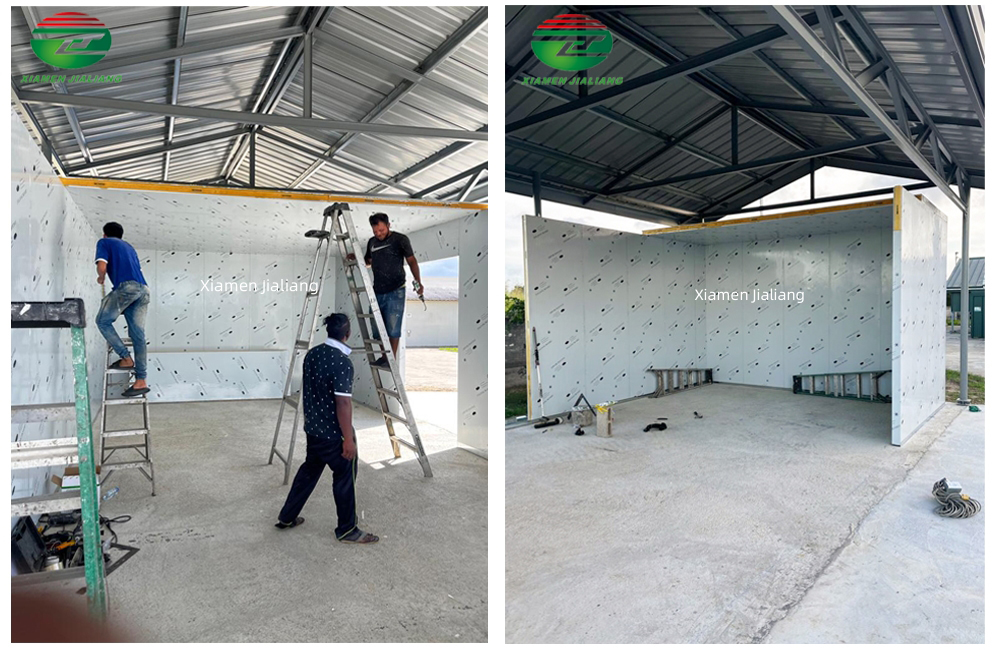
Organization:
Unlike regular refrigerators, which have limited storage space, cold rooms allow for better organization. Ingredients can be placed on shelves, making it easier to keep things tidy and locate specific items. They also facilitate easier restocking.
Safety:
cold rooms can be equipped with monitoring and alarm systems, enabling users to check the interior conditions at any time and prevent theft and damage.
Accessibility:
cold rooms are easily accessible, often featuring spacious doors such as sliding doors measuring 1.5m x 2.3m, facilitating easy restocking and access to ingredients.
Efficiency and Energy Savings:
cold rooms are designed to minimize temperature fluctuations, reducing energy waste in maintaining a stable temperature. Additionally, solar-powered cold rooms are an energy-efficient option. If you're interested, we can provide more information.
Features of cold rooms:
cold rooms offer several convenient features for everyday use and maintenance:
Most are equipped with automatic defrosting functions that melt ice automatically.
All modern cold rooms have emergency escape passages in the form of internal buttons that open the door. Some may also include emergency buttons inside.
Automatic or manual lighting is typically standard.
If using trolleys to load goods, ramps can be added, reducing the risk of tripping over raised door frames.
Automatic door closure may be included to help reduce operating costs.
If you want to design your own cold room or have any inquiries related to cold rooms, we welcome you to visit our website at www.coldroomjl.com.

